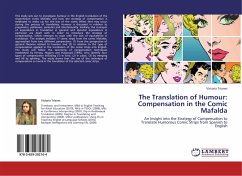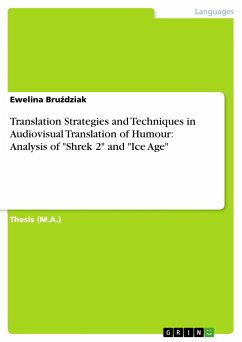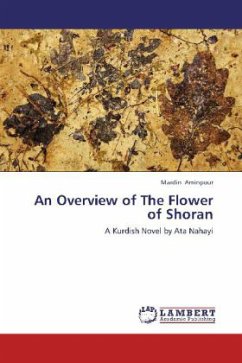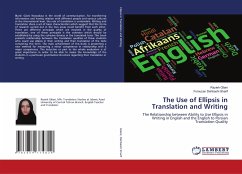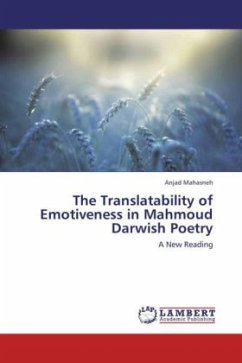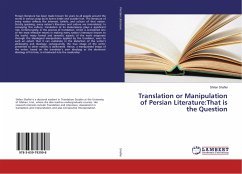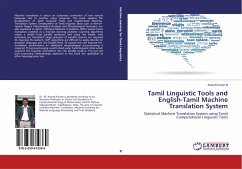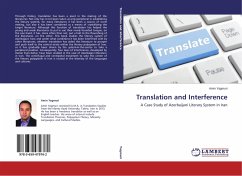This study sets out to investigate humour in the English translation of the Argentinean comic Mafalda and how the strategy of compensation is employed to make up for the loss of the comic effect that may occur during the process of translating. Humour is discussed in relation to pragmatics, politeness, semiotics and intertextuality. Similarly, the concepts of equivalence in translation in general and dynamic equivalence in particular are dealt with in order to introduce the strategy of compensation, which emerges to cope with the lack of equivalence in translation. The analysis includes 17 comic strips from the comic Mafalda, approached from two different perspectives: (1) from the perspective of general theories related to humour and (2) in relation to the type of compensation applied in the translation of the comic strips into English. The study will follow the taxonomy of compensation techniques established by Hervey, Higgins and Haywood (1995), who identify four types of compensation including (1) in kind, (2) in place, (3) by merging and (4) by splitting. The study shows that the use of the technique of compensation is crucial in the translation of the selected comic strips.
Bitte wählen Sie Ihr Anliegen aus.
Rechnungen
Retourenschein anfordern
Bestellstatus
Storno

